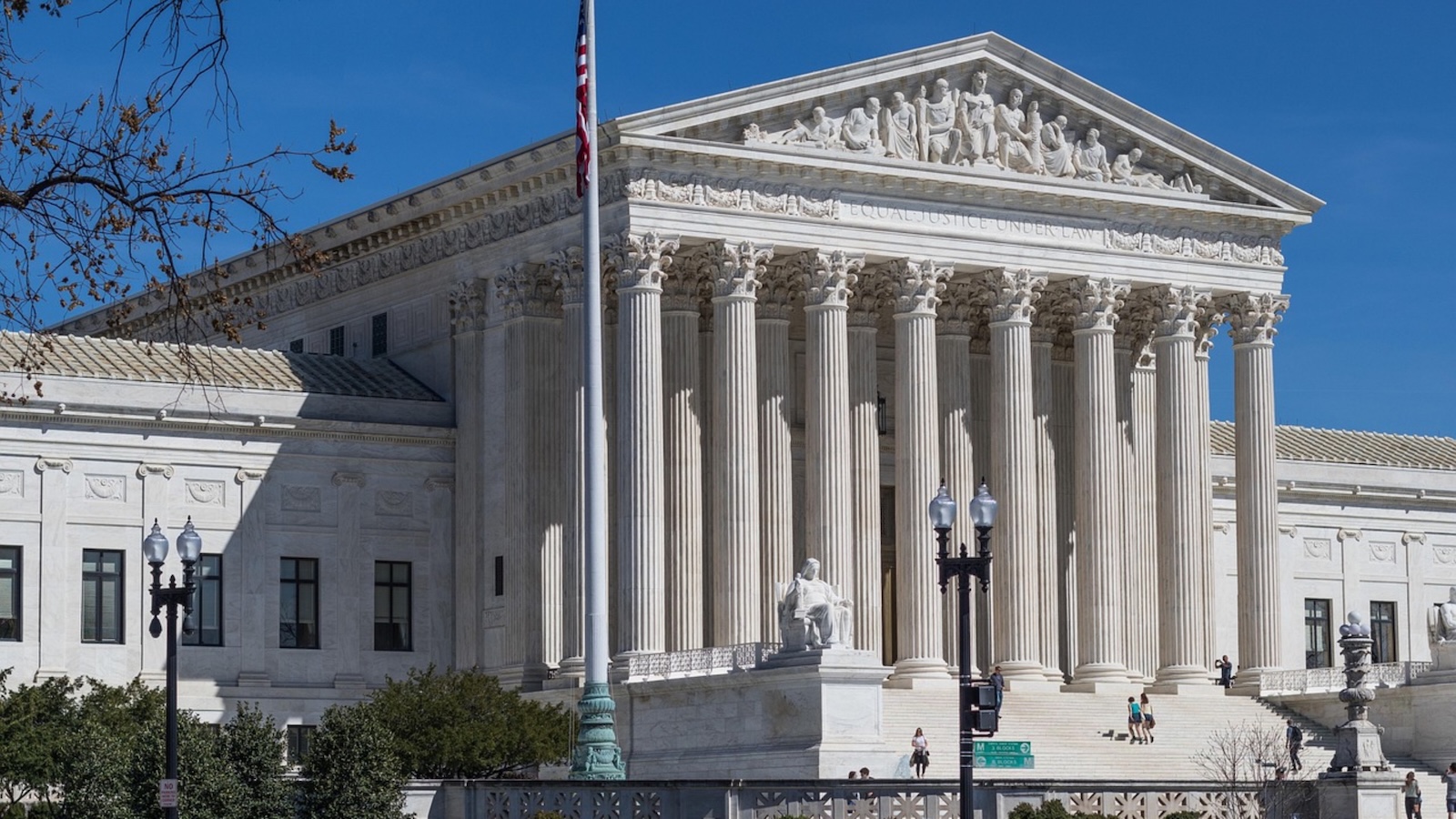US Supreme Court faces bid to overturn same-sex marriage decision
"The mistake must be corrected" says former Kentucky county clerk Kim Davis
By Aaron Sugg

Same-sex marriage in the US is facing debate a decade after the US Supreme Court’s landmark Obergefell v. Hodges ruling, as former Kentucky county clerk Kim Davis appealed to the court.
Davis, who was jailed for six days in 2015 for refusing to issue marriage licenses to same-sex couples, is now appealing a $100,000 jury award for emotional damages and $260,000 in attorneys’ fees.
“The mistake must be corrected” – Kim Davis
As reported by ABC News, she calls the Obergefell case “egregiously wrong” and says, “The mistake must be corrected.”
Her attorney, Mathew Staver, described Justice Anthony Kennedy’s majority opinion to detain the former clerk as “legal fiction.”
In a petition filed last month, Davis argues that the First Amendment’s protection for the free exercise of religion shields her from personal liability.
The petition stated: “If ever there was a case of exceptional importance, the first individual in the Republic’s history who was jailed for following her religious convictions regarding the historic definition of marriage, this should be it.”
Lower courts have rejected Davis’s claims. A federal appeals panel ruled that she “cannot raise the First Amendment as a defence because she is being held liable for state action, which the First Amendment does not protect.”
“Davis’s arguments do not merit further attention” – Attorney William Powell
William Powell, the attorney for the couple who sued Davis over not marrying them, said in a statement with ABC News: “We are confident the Supreme Court will likewise agree that Davis’s arguments do not merit further attention.”
Public support in the US for same-sex marriage has grown from 60% in 2015 to 70% in 2025, according to Gallup, but has made little development since 2020.
If the court agrees to take the case, it would be the first major challenge to Obergefell and could have broad implications for religious liberty and the legal definition of marriage.
